SUMMARY
This is AI generated summarization, which may have errors. For context, always refer to the full article.
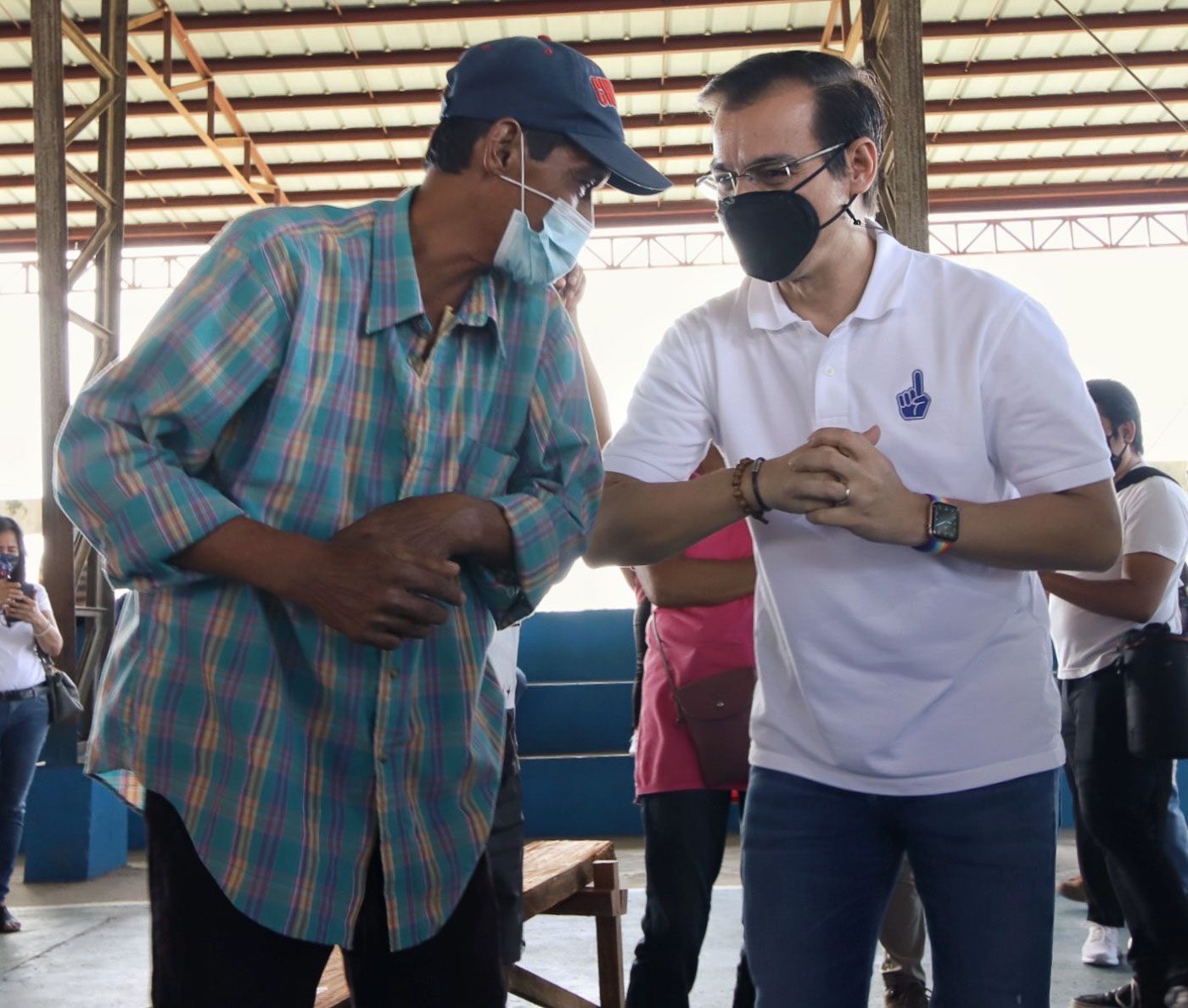
Manila Mayor Isko Moreno promised to cut excise taxes on oil and electricity by 50% if he is elected president, a move he said would ease the burden on poor Filipinos, including farmers and jeepney drivers whose livelihood depend on oil prices.
“If given a chance, palarin ako, ang unang-una kong gagawin is babawasan ko nang 50% ang buwis ng langis,” Moreno said on Thursday, October 21, in a dialogue with some 50 farmers in Barangay Banaba, Tarlac.
(If given a chance, if I get lucky, the first thing I’d do is reduce the tax on oil by 50%.)
“Fifty percent tax cuts sa oil, 50% tax cuts sa kuryente, at sigurado ako para ko nang binigyan ng ayuda hanggang bundok ng Tralala,” said the presidential candidate.
(Fifty percent tax cuts for oil, 50% tax cuts for electricity, and I’m sure it’s as if I had given cash assistance all the way to Mount Tralala.)
Asked by Rappler to weigh in on Moreno’s plan, economist JC Punongbayan said: “The proposal might help temper rise of oil prices. But it might also erode government revenues which are much-needed for the pandemic response.”
During the event, Moreno acknowledged the concern on government revenue but said slashing taxes would revive the economy by ensuring people have more cash on hand to spend.
“Mas gugustuhin ko na bawasan ang buwis kaysa sa kunin ang buwis na malaki tapos nanakawan lang ng mga politiko para sa lokohan sa ayuda, lokohan sa kalsada. Ngayon, hawak ninyo ang pera,” he said amid cheers from the audience.
(I would rather reduce tax than impose high taxes which politicians will just steal from and use for deception on aid and roads. Now, you will be the ones holding the money.)
Moreno did not say during the event how long he would keep the oil and electricity taxes halved under his presidency. But in a press release sent after the event, his proposal was described as a “moratorium on taxes,” suggesting it would be a temporary measure.
Before announcing his bid for the presidency, Moreno had been consulting with economic ang governance experts about his platform, according to sources privy to discussions.
Domino effect
Moreno made the promise just as oil companies hiked prices of petroleum products on Tuesday, October 19. The price increase has brought current retail pump prices in Metro Manila to shoot up to P70.44 per liter for unleaded gasoline and P50.17 per liter for regular diesel.
This has brought on additional hardships amid the COVID-19 pandemic, which had already sunk the economy into recession.
Moreno’s proposal would require the help of Congress to amend the Tax Reform for Acceleration and Inclusion (TRAIN) law.
The government imposes excise tax of P10 per liter for gasoline and P6 per liter for diesel due to the TRAIN law. There is also a 12% value-added tax (VAT) on petroleum products.
Moreno’s plan is an interesting variation of other suggestions to keep oil prices down. Days before Moreno bared his proposal, Energy Secretary Alfonso Cusi proposed amending the oil deregulation law to allow the government to rein in rising fuel prices by suspending excise tax.
In July, Senator Imee Marcos, chair of the Senate economic affairs committee, called for a one-year suspension of the value-added tax on petroleum products.
On the extreme end, some consumer groups have called for the scrapping of the TRAIN law, signed by President Rodrigo Duterte in 2017, and the oil deregulation law, signed by Fidel Ramos in 1998. – Rappler.com
Add a comment
How does this make you feel?
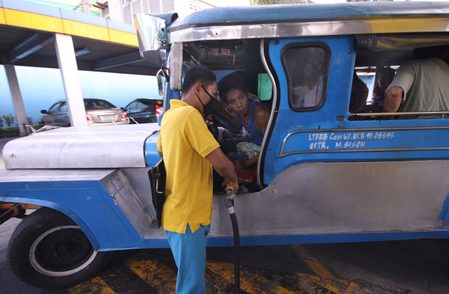


![[New School] Tama na kayo](https://www.rappler.com/tachyon/2024/02/new-school-tama-na-kayo-feb-6-2024.jpg?resize=257%2C257&crop=290px%2C0px%2C720px%2C720px)
![[Only IN Hollywood] After a thousand cuts, and so it begins for Ramona Diaz and Maria Ressa](https://www.rappler.com/tachyon/2024/02/Leni-18.jpg?resize=257%2C257&crop=262px%2C0px%2C720px%2C720px)
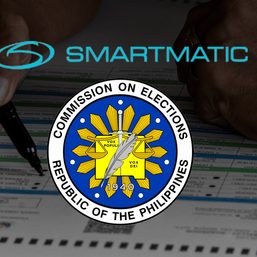

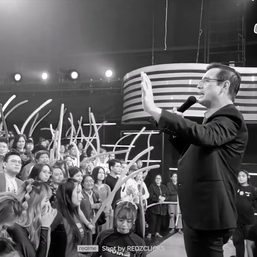

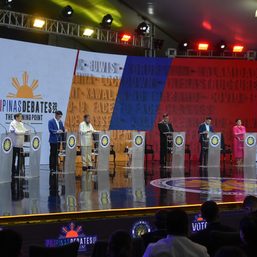
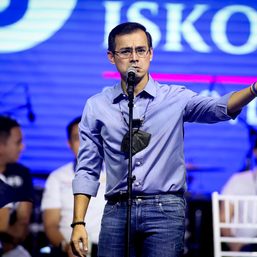


![[In This Economy] Can the PH become an upper-middle income country within this lifetime?](https://www.rappler.com/tachyon/2024/04/tl-ph-upper-income-country-04052024.jpg?resize=257%2C257&crop=295px%2C0px%2C720px%2C720px)
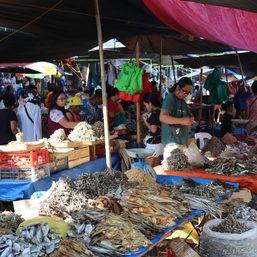
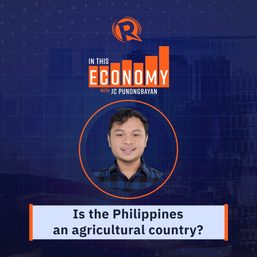
There are no comments yet. Add your comment to start the conversation.